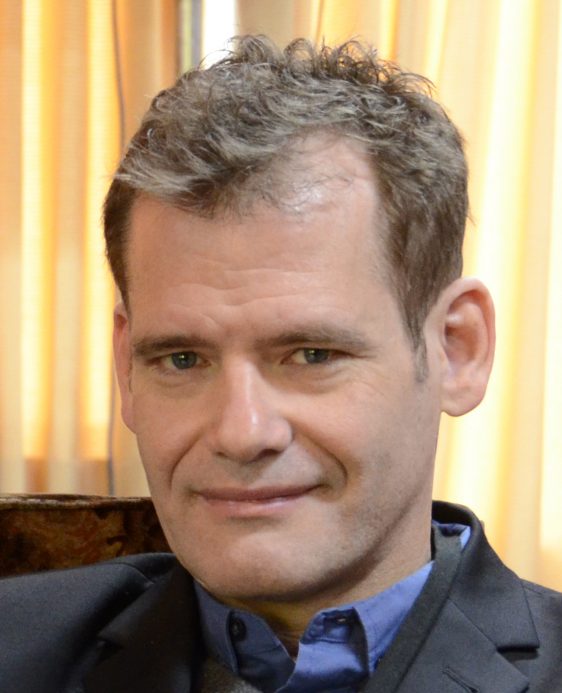Distinguished Professor of Contemplative Humanities, Center for Healthy Minds
College of Letters & Science l Department of Asian Languages & Cultures
Hometown: New York, NY
John D. Dunne (PhD 1999, Harvard University) holds the Distinguished Chair in Contemplative Humanities, an endowed position created through the Center for Healthy Minds at the University of Wisconsin–Madison. He also holds a co-appointment in the Department of Asian Languages & Cultures, where he currently serves as departmental chair.
John Dunne’s work focuses on Buddhist philosophy and contemplative practice, especially in dialog with Cognitive Science and Psychology. His publications appear in venues ranging across both the Humanities and the Sciences, and they include works on Buddhist philosophy, contemplative practice and their interpretation within scientific contexts.
Unavailable until Fall 2026.
Talks:
Awareness without Fixation: the Benefits of Mindfulness in Everyday Life
Mindfulness occurs in many varieties, and it can be cultivated in numerous ways. Yet all the various varieties contain some key elements that can have a profound impact on our everyday experience of well-being. Drawing on Buddhist sources and the latest scientific research, this talk explores the way that mindfulness can help us to gain greater insight into experience, while also allowing us to be more creative—and less caught—in the stories that we tell about ourselves.
Mindfulness, Stress and Social Connection
In these challenging times, many of us face increased stress and anxiety, and in combination with decreased social connection, these challenges can become overwhelming. Research on mindfulness, however, tells us that we already have the resources and fundamental capacities to transform the kind of toxic stress that we may be facing, and we can do so in part by developing a different relationship with the kinds of thoughts that produce negative stress. In this talk, we learn about how certain forms of stress arise from our thoughts, and how simple mindfulness practices can prove helpful. We will also examine the relationship between social connectivity and our ability to manage stress, and how the style of awareness cultivated through mindfulness practices can enhance our sense of social connection.
